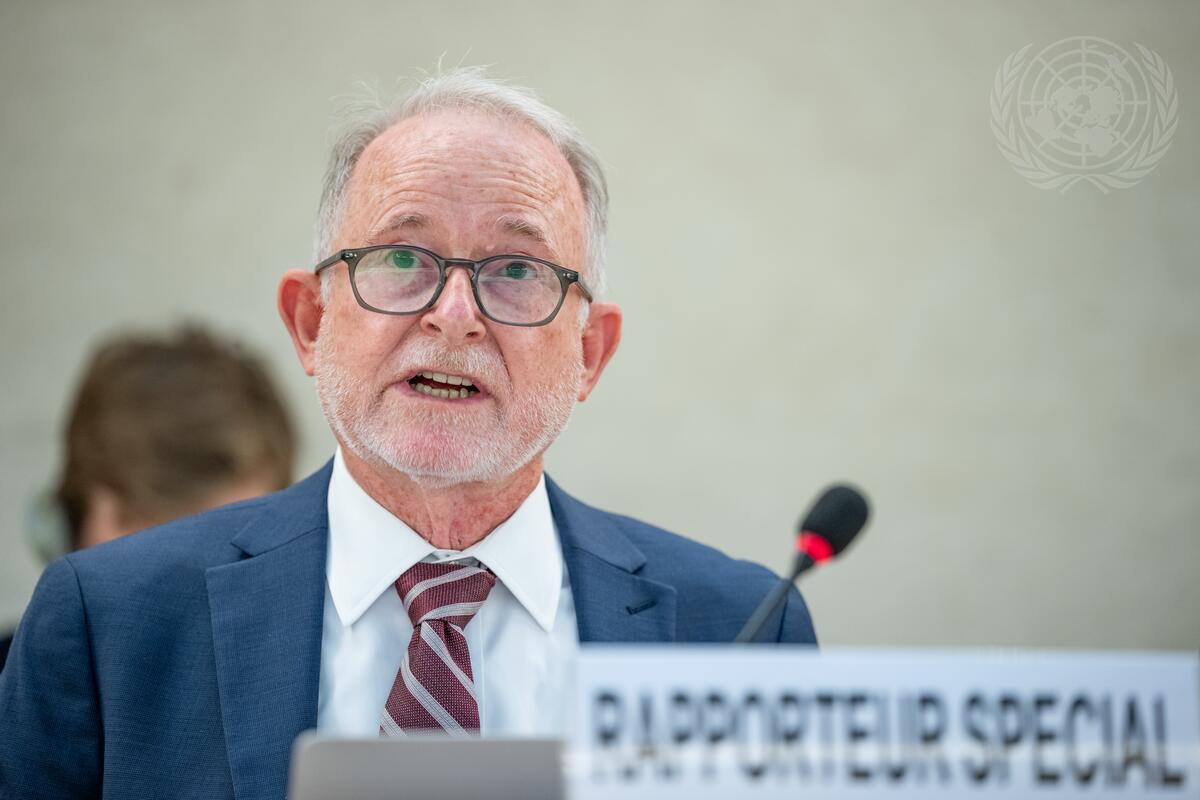Richard Bennett, the UN special rapporteur on the situation of human rights in Afghanistan, said on Monday that countries most affected by climate change, including Afghanistan, should be compensated under international human rights law.
His comments followed a landmark advisory opinion issued by the International Court of Justice (ICJ) on states’ obligations to protect the climate and environment.
The court concluded that governments have binding duties under international law to safeguard ecosystems, and that failure to do so could trigger liability for damages.
Welcoming the ruling, Bennett wrote on X that reparations were essential. “Very important for Afghanistan, which is struggling with climate shocks and environmental degradation,” he said.
A group of independent human rights experts also praised the court’s findings, calling them historic. “The ICJ made clear that climate change is an existential problem with planetary dimensions, threatening all forms of life and the health of our planet,” they said in a joint statement.
The court emphasized that limiting global warming to 1.5 degrees Celsius should remain the international benchmark to prevent catastrophic consequences. It also underscored that states have obligations not only under human rights law but also under environmental treaties, including the Convention on Biological Diversity, the Convention to Combat Desertification, and customary international law governing the seas.
For Afghanistan, the opinion carries particular weight. Despite being among the world’s lowest contributors of greenhouse gas emissions, the country has endured some of the most severe consequences of climate change, from recurrent droughts to devastating floods, intensifying humanitarian crises already deepened by conflict and economic collapse.
